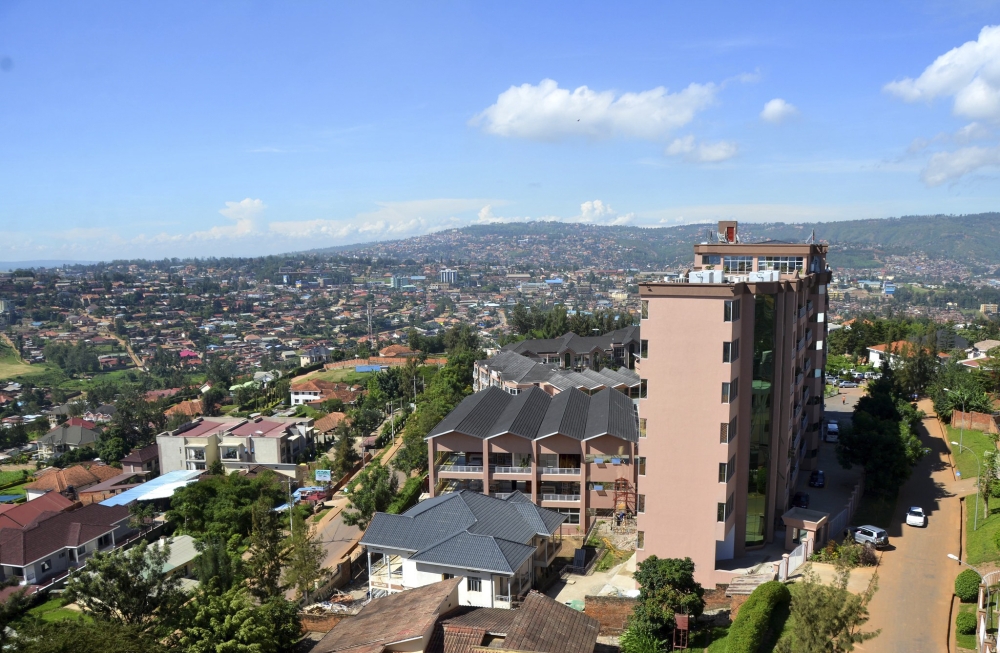

Although the government has repossessed more than 1.4 million unregistered parcels of land, it is launching an awareness campaign so that the owners can come forward and have them registered "before further measures are taken,” officials have said.
The land is currently temporarily taken as state asset, according to the National Land Authority.
The authority has plans to renew its campaign to encourage land owners to register their parcels in October, starting with Eastern Province.
ALSO READ: Rwanda to deploy new system for improved land services
The deadline to register all the land was 2020, and it was extended to 2021. After the deadline elapsed, the plots of land were claimed by the state as a temporary measure as owners were encouraged to come forward to reclaim and register it.
"This will be another occasion for landowners to register their land,” Grace Nishimwe, the Director General of the National Land Authority told The New Times.
"Land owners are still using their land but they have not yet registered it.”
Nishimwe said the 1.4 million plots of land are now "temporarily owned by the state.”
"We will do a field check to understand each case. We have not yet decided on measures which will be taken depending on the cases found on the ground,” she said.
ALSO READ: Electronic land title: What is the process of getting one
At least 423 (or 7 per cent) of 31,000 privately owned parcels of land in the City of Kigali have been temporarily repossessed by the government.
Up to 503,000 plots in Southern Province and 399,000 in Western Province have been repossessed. The government has also temporarily taken ownership of over 303,000 parcels in Northern Province and 261,000 parcels in the Eastern province.
Nishimwe said the land plots remain unregistered due to different reasons including negligence of the users and in some cases tax evasion.
"Some people don’t understand the benefits of registering their land,” she said.
"Others may have challenges of getting the requirements to register the land or are in court processes over disputes while others are outside the country,” she explained.
She also said that some land owners indicated the high cost to get the service.
However, she noted, "now that these costs have been removed or reduced more people have started to register their land.”
Land owners are no longer charged a fee on a sale-based land transfer for any plot with up to Rwf5 million value, after the government of Rwanda scrapped the charges in late 2023.
A flat fee of Rwf30, 000 was being charged on such services regardless of the size of the land.
"Since last November, the Government has exonerated fees related to first registration in order to eliminate challenges related to registration fees,” Nishimwe noted.
A new system to help landowners have access to land titles online was launched in 2023 to reduce cost and time.
More than 10 million land titles can be accessed electronically.
As part of the campaign to handle cases of unregistered land parcels, Nishimwe said that the land authority has 320, 000 dossiers from the systematic land ownership information collection and another 111, 061 dossiers registered sporadically by landowners on their own initiative.
Systematic land registration is a process during which the government, on its own initiative, systematically surveys land plots in specific geographic areas, collects the relevant documents and registers land titles.
This means 320,000 parcels were registered through such government initiative while the more than 111,000 plots were registered by the landowners themselves.
According to the National Land Authority, for people who own land in Rwanda but live abroad should work with Rwandan embassies in the respective countries and assign a person in Rwanda who can help with registration.
For disputed plots of land, the potential owners are advised to report to concerned institutions.


